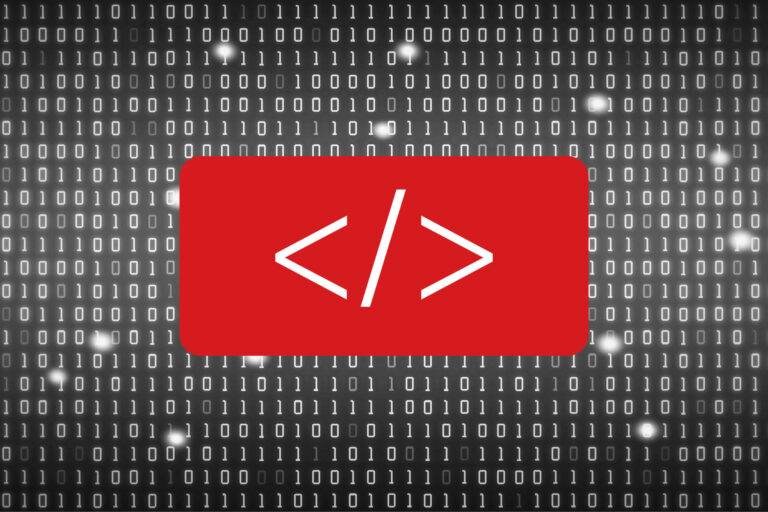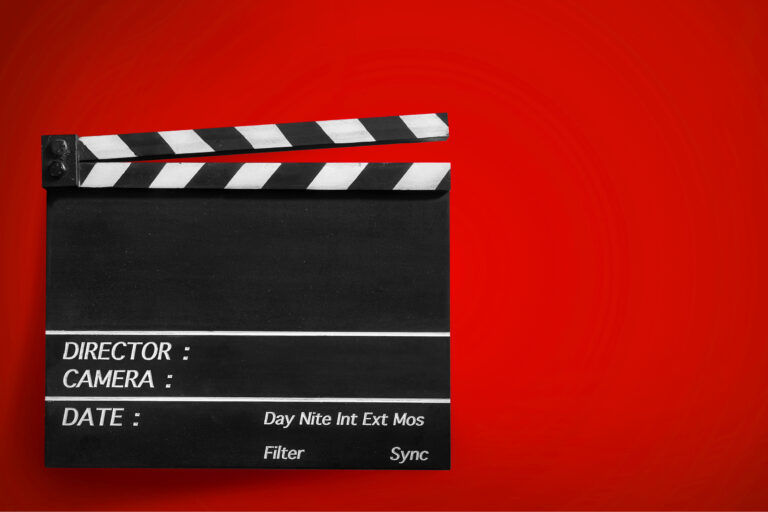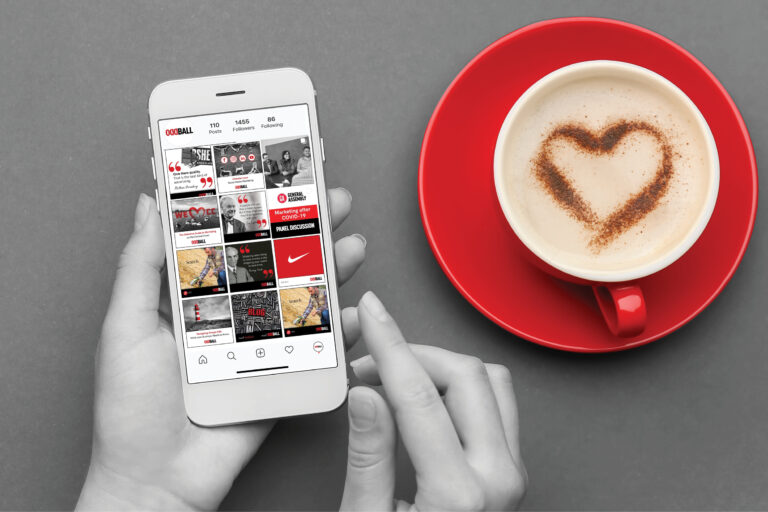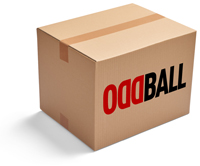Preparing for digital marketing interviews is stressful because you are walking into the unknown. You can’t be sure of what will be asked, whether you and the interviewer will get on well, or even how long the interview will be.
With that said, there is a good chance that some or all of the following questions will be asked. The trick to answering them well is knowing what the interviewer is really trying to find out.
What is Your Interviewer Trying to Assess?
It’s helpful to think of interview questions as having two layers. The first, and most obvious, is assessing whether you are capable of doing the job. These are questions about your knowledge of software or marketing strategies and terminology. Answer them confidently and honestly, without overcomplicating them.
Remember, trying to make something simple sound difficult will likely just make you seem like you are compensating for a lack of knowledge in other areas. You aren’t fooling anyone when you describe taking phone calls as being the “designated inbound communications liason”!
Once the employer knows whether you are qualified for the role or not, they will often move onto more subjective questions. This is the second layer, where they decide why you specifically are a better candidate than all of the other similarly qualified candidates.
Here is a list of 10 common digital marketing interview questions and the real reasons they are asked.
1. Describe your current role
Do not fall into the trap of thinking that this is a throwaway question.
Does the interviewer really care about what you do? Probably not.
Do they care how you speak about your current employer, because it’s a glimpse into how you might one day speak about them? Absolutely!
If you insult or complain at length about your job, you can unintentionally present yourself as someone who is vindictive, petty or lacking self awareness. Not to mention, you will come across as negative, when you want to be seen as positive.
2. Why do you want to work in marketing?
This question is very open ended. Believe it or not, your potential employer isn’t setting some kind of trap here, they genuinely want to know. This question is best answered honestly.
Most interviewers will value certain skills over others. They may want you to simply work competently without much upward mobility, or they might want someone who is actively looking to improve themselves and their workplace. Your answer will tell them what kind of employee you’ll be, and whether you suit their vision for your role.
While that answer may be unsatisfying, it can actually benefit you as well. Consider this, you say that you want to work in marketing for its variety of job roles. Your employer, however, prefers people who want to specialise in a single field, and doesn’t give you the job. If your goal really is to learn different skills, getting the job would just lead to feeling stifled. Honesty here might save you both from wasting your time.
3. What’s your definition of marketing?
Much like the last question, defining marketing is very open ended. The point of this question is to see if your definition aligns with your interviewer’s. It’s a good idea to think beyond the function of marketing and consider the purpose.
For example, rather than saying marketing is “selling things to people”, go a step further. Marketing is also about analysing human behaviour. It’s about understanding people’s motivations, fears and pain points. It’s market research and understanding the nature of trends.
Long story short, there are many different talking points, and while you can’t guarantee that your interviewer will resonate with yours, you will appear more insightful.
4. What are your greatest strengths?
Almost every digital marketing interview will feature this question. The trick is to be less accolade focused, and more skill focused. For example, referencing your most successful campaign is fine, but every other applicant will have similar examples.
Past events also aren’t scalable. You might have had a successful campaign once, but who’s to say it will happen again in a different role or workplace.
Seek’s list of top in-demand skills include adaptability, analytical thinking and empathy, among others. This shows that you should give an overview of your best hard skills (work related like knowledge of Google Ads) and soft skills (valuable behaviours or traits) when responding to this question.
5. What are your greatest weaknesses?
This question is a cliche at this point, but it is still asked in most interviews and for good reason. Don’t try to subtly give answers that are positives in disguise, like “My greatest weakness is being too dedicated.” Your interviewer will see right through it and not only does it make you look bad, it insults your interviewer’s intelligence.
Instead, be honest and confidently own your weaknesses. Not only does this show you have the ability to self reflect and self criticise, it also shows that you can control your ego and admit to weaknesses in front of others.
Bonus points if you can include practical steps you are taking to overcome your weakness. This will demonstrate a growth mindset and establish you as someone who will continue to improve over time.
6. Describe a successful campaign you worked on
This is one of the more straightforward interview questions you’ll likely be asked. It’s your chance to showcase how your knowledge and skills translate to real world results. For an even better impression, you can explain how the campaign can be applied or replicated in your interviewer’s business.
Just remember, if a campaign was clearly a team effort, don’t try to take all the credit. Also, avoid being too braggadocious or showing off (like casually dropping the word braggadocious even though it’s unnecessary and makes the sentence harder to read).
7. Describe a failed campaign you worked on
Just like being asked to describe your weaknesses, honesty is the key to this question. Absolutely do not say that you have never worked on a failed campaign. You’re human, your interviewer isn’t expecting perfection. They are asking because they want to see how you handle failure.
Make sure you go beyond describing the campaign, and discuss what you think the issue was and how you would (or did) correct it in the future. You want to give the impression that you see mistakes as learning opportunities – not reasons to give up.
8. Who is our target market?
This question is common in digital marketing interviews specifically, because it helps gauge two things about you. The first is your marketing knowledge of audience targeting, and the second is the effort you’ve made to research your prospective employer.
Depending on the level of marketing experience required, the first part is straightforward. The second part, however, speaks to your proactiveness and shows how much you want the job.
At the very least, you should know what the agency specialises in (social media, SEO, web design, etc) and what level of clientele they are likely to attract (large corporations, small business, E-Commerce etc).
9. How can you provide value to our business?
This question is more complex than it sounds. Bearing in mind that you have likely already discussed your qualifications and hard skills earlier in the interview, make sure you don’t simply repeat them here.
It’s expected that you will fulfil the role that you are being paid for, so don’t try to claim that as adding value. Instead, think of this question as an opportunity to emphasise your secondary skills.
If you have had a career in management, mention your understanding of the importance of delegation and time management, and how they help improve business workflows. If you’ve had a career in finance, explain how your understanding of numbers and data entry can improve your ability to understand metric tracking.
You never know when these skills could become relevant in the future, and it gives your interviewer more insight into your interests and capabilities.
10. How would you describe your ideal work environment?
The pandemic has fundamentally changed the way digital marketing agencies work. Working from home has become an expectation, or at least a sought-after benefit, for many job seekers. But despite the sophistication of remote working technologies, many employers don’t want their employees working from home. Come to a compromise now, rather than later.
Another reason an interviewer might ask this question is to gauge how well you’ll fit into their workplace culture. If it is a social workplace, with team activities and a lot of group work, an employer may think twice about hiring someone who says they prefer to work alone and in private.
For your own benefit, don’t tell the interviewer what they want to hear, tell them what you really want. If you don’t like mixing work with your personal life, pretending to be excited for mandatory Sunday morning lawn bowls with the team isn’t going to help you in the long run!
What These Questions Have in Common
You’ve probably noticed a trend throughout this list. Most of these questions are opportunities for you to differentiate yourself from other candidates, and for your prospective employer to find out who you are, not what you can do.
With that said, it never hurts to sharpen your marketing knowledge before an interview. We have created a library of resources that discuss various aspects of digital marketing, across all the most important channels.
Good luck with the job hunt!






